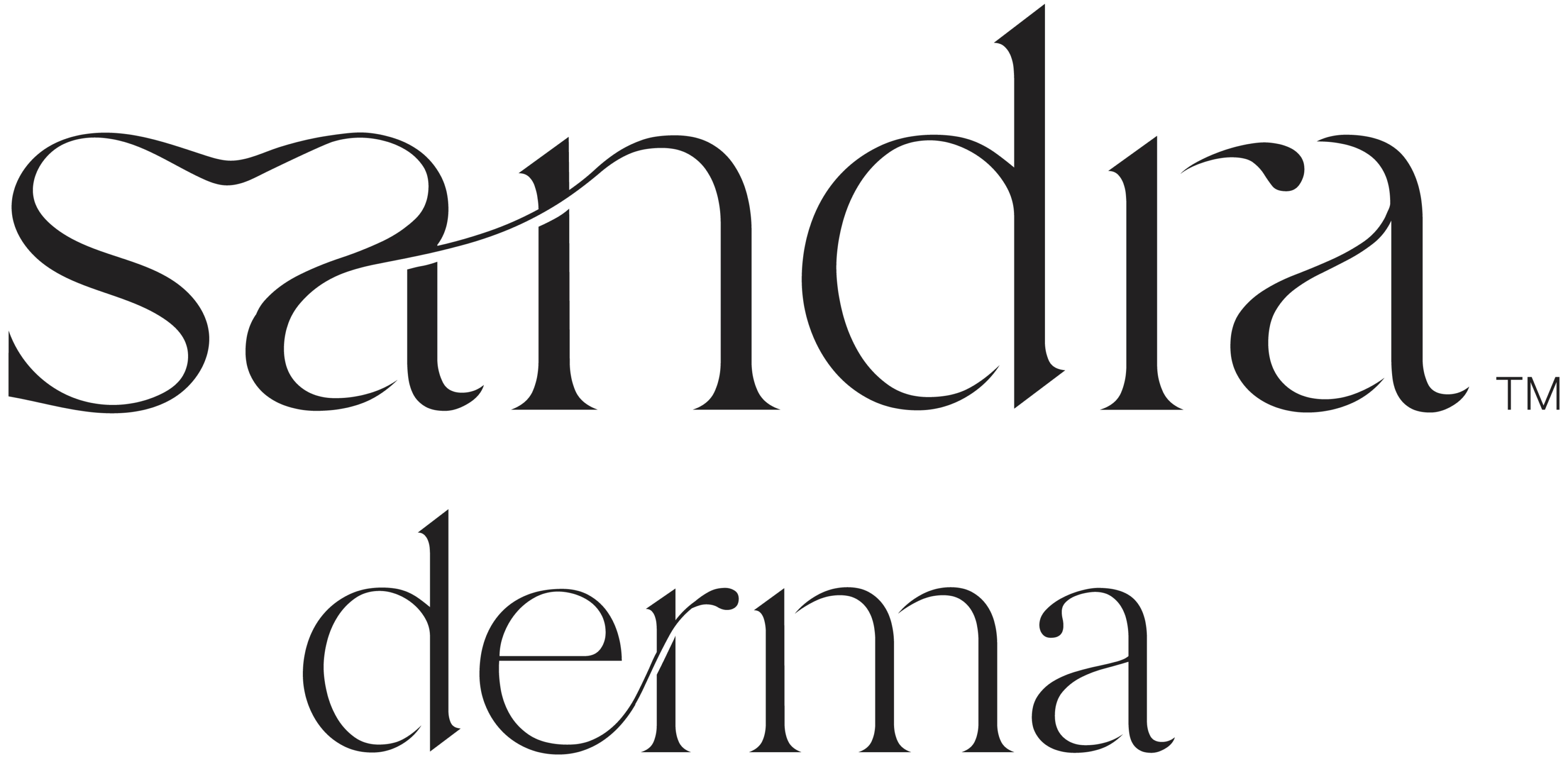
Rosacea is one of the most common chronic skin conditions that affects the face and impacts appearance and self-confidence. It affects millions of people worldwide, most commonly in middle age, particularly among those with fair skin. In this article, we explore the main symptoms of rosacea, its causes, triggers that worsen the condition, proven treatment methods, and skincare tips for post-recovery.
What is Rosacea?
Rosacea is a chronic skin condition that appears as persistent or temporary facial redness, sometimes accompanied by acne-like bumps and eye irritation. The condition develops in stages and varies from person to person. Early diagnosis is key to managing it effectively.
Symptoms of Rosacea on the Skin and Eyes
Persistent or Temporary Facial Redness
Facial redness is the first and most prominent symptom of rosacea, commonly affecting the cheeks, nose, and forehead. It may come and go but often becomes longer-lasting over time.
Appearance of Tiny Blood Vessels
Small visible blood vessels (known as telangiectasia) may become noticeable under the skin, especially as the condition worsens.
Acne-like Bumps and Pimples
Small bumps or pimples that resemble acne can appear, though they lack blackheads and may cause a burning or stinging sensation.
Eye Irritation or Dryness (Ocular Rosacea)
In some cases, rosacea is accompanied by eye inflammation, leading to redness, itching, dryness, and a sensation of having a foreign object in the eye.
What Are the Causes of Rosacea?
Genetic Factors
Genetics play a major role in the development of rosacea, as it often runs in families.
Immune System Disorders
Some studies suggest rosacea is linked to exaggerated immune responses that affect the skin.
Bacterial Infections Like Helicobacter pylori
Some research has linked this stomach bacterium to worsening rosacea symptoms, though the connection is still under investigation.
Changes in Blood Vessels
Weakness or dilation of facial blood vessels leads to persistent redness, a key characteristic of the condition.
Triggers That Worsen Rosacea
Sun Exposure
Strong sunlight is one of the most common triggers that irritate the skin and worsen rosacea symptoms.
Spicy Foods and Hot Beverages
These stimulate blood circulation and increase facial redness.
Alcohol and Caffeine
Excessive intake of alcohol or caffeine contributes to the dilation of blood vessels.
Stress and Emotional Reactions
Psychological stress is a known trigger of rosacea flare-ups, so relaxation techniques are encouraged.
Inappropriate Cosmetic Products for Sensitive Skin
Products with fragrances or harsh chemicals weaken the skin barrier and worsen the condition.
Medical and Natural Treatments for Rosacea
Topical Treatments Like Metronidazole and Azelaic Acid
These creams are commonly used to reduce inflammation and improve skin appearance and are among the most recommended rosacea treatments.
Oral Medications Like Doxycycline
These are prescribed for more advanced cases requiring deeper inflammation control.
Laser Therapy to Reduce Redness and Blood Vessels
Laser is used to close visible blood vessels and significantly reduce facial redness.
Daily Skincare Routine for Sensitive Skin
A gentle routine that includes mild cleansing and consistent moisturizing is an essential part of any treatment plan.
How to Care for the Skin After Rosacea Recovery
Use Sunscreens Designed for Sensitive Skin
Choose a broad-spectrum sunscreen that’s free from irritants to protect the skin and prevent flare-ups.
Moisturize with Fragrance-Free and Alcohol-Free Products
Regular moisturizing is essential to restore the skin’s barrier and improve elasticity.
Avoid Harsh Scrubs or Irritating Products
Post-rosacea skin needs gentle care. Avoid exfoliants or any harsh ingredients that may trigger a reaction.
Recommended Products for Skin Protection After Rosacea Recovery
Tuniderma Body Moisturizing Milk
This body milk helps soothe and deeply hydrate the skin. Its formula is suitable for sensitive skin after rosacea recovery.
Tuniderma Sunscreen for Oily Skin – Ideal Protection and Comfort
This sunscreen offers high protection from UV rays without clogging pores or adding excess shine.
When Should You See a Dermatologist?
It’s advised to visit a dermatologist if you notice recurring redness, unexplained bumps, or constant irritation in the face or eyes. Early diagnosis can prevent worsening of symptoms and helps in selecting the most effective treatment.
Frequently Asked Questions About Rosacea
Is Rosacea Contagious?
No, rosacea is not a contagious disease and does not spread from one person to another in any way.
Can Rosacea Be Completely Cured?
There is no permanent cure, but symptoms can be managed and significantly reduced through treatment and a consistent skincare routine.
If you’re looking for gentle and safe products to care for your skin after rosacea recovery, browse the skincare collection available at Sandra Derma, where you’ll find everything you need for calmer, healthier skin.
